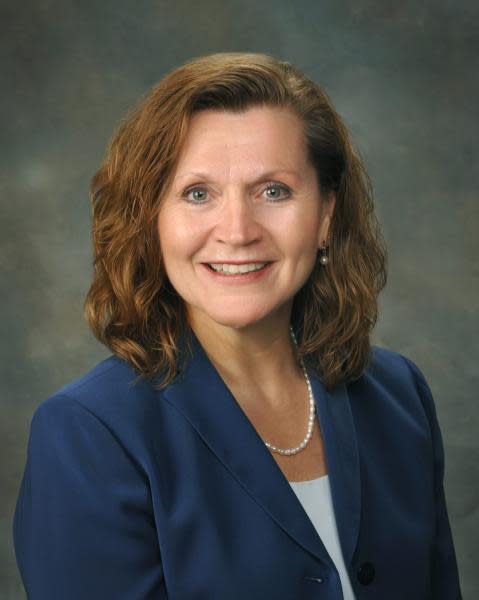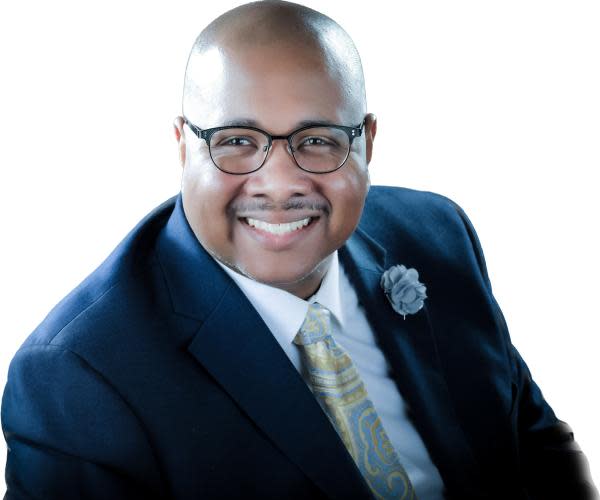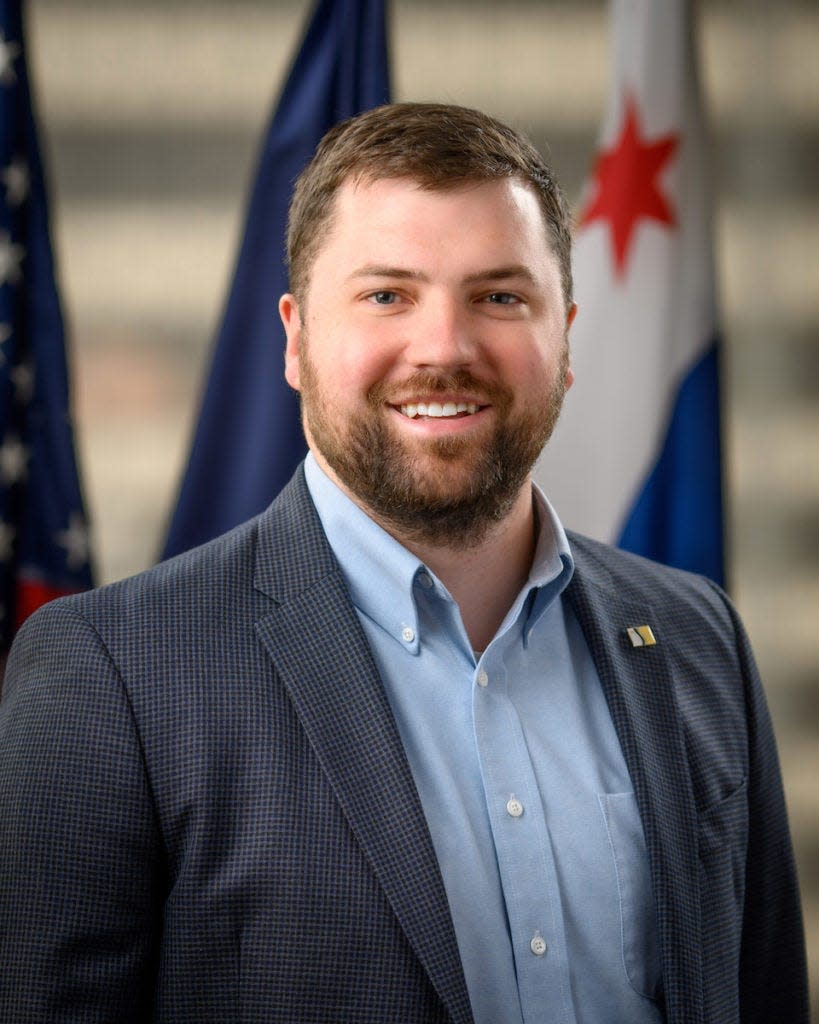South Bend councilors choose not to make 'homelessness' a class protected from discrimination
SOUTH BEND — A bill to make “homelessness” a protected class stalled Monday after failing to sway enough South Bend Common Council members.
The proposal by at-large councilwoman Lori Hamann would add homelessness to the list of factors that public and private entities in South Bend are forbidden to use when making decisions about employment, housing and access to facilities. Other protected characteristics include race, religion and disability status.

After eight homeless advocates spoke in favor of the bill, members of the council’s Health and Public Safety committee passed a motion to table Hamann’s resolution indefinitely.
The motion to table passed 4-2, with councilors Troy Warner, Eli Wax and Rachel Tomas Morgan joining the committee’s citizen member Desmont Upchurch, a Republican candidate for mayor this fall, to set aside the idea. Councilors Canneth Lee and Karen White voted no to the motion, but neither supported the bill in public statements.
Councilors shared a variety of reasons for postponing the change to city ordinance. Lee, the 1st District councilor, said he struggles to see how “homelessness” compares with other protected classes because it’s not “inherited or immutable” and “it doesn’t define one’s identity.” Some worried business owners could remove customers who are disruptive because of their hygiene or behavior and still deal with complaints that housing status was the cause.
But most took issue with the timing, saying vaguely that the bill “needs more work.” At-large councilor Tomas Morgan said the city just hired a homelessness coordinator and she wants to wait a year to see what needs are identified through that role. Warner noted that the South Bend Human Rights Commission, the agency responsible for evaluating the merit of discrimination complaints, has lacked a director since Yolanda Young-Smith was fired in October.
More: South Bend Human Rights Commission director fired for alleged workplace bullying, records show
“This is a bold step forward,” Lee said, “but I think it needs some work before it can be what it needs to be. I think it’s important that we address the underlying causes of homelessness and empower individuals to rebuild their lives.”

Henry Davis Jr., the 2nd District councilor who is often Hamann’s ally, said he supports making homelessness a protected class. He didn’t get to vote because he’s not on the relevant committee.
“When I drive through the west side and even the southeast end of town, I see homelessness,” Davis said. “It’s an issue that not only needs to have some discussion behind it but it needs to have some action.”
What homeless advocates hoped the proposed bill would do
Hamann’s bill would seemingly make South Bend only the second government body to define “homelessness” as a protected class.
The Washington D.C. city council passed a law last year that makes it illegal for employers, educational institutions, government agencies, insurers and owners of housing or commercial space to discriminate against people who are homeless on the basis of their housing status.
Other states and cities, including Indianapolis, have passed legislation known as a homeless bill of rights. While similar in intent, Indianapolis’ bill of rights focuses on free movement in public spaces and requires the city to take multiple steps when it decides to break up established tent encampments.
Hamann shared research showing that homeless people are disadvantaged during the job search because they lack a permanent address. If they include the address of a homeless shelter, it’s possible the employer will notice and view them as a worse candidate.
Speaking in support of the bill, Sheila McCarthy, director of the low-barrier homeless shelter Motels4Now, said guests applying for permanent housing face greater challenges because of gaps in their address history. Some landlords simply refuse to rent to people who have been homeless, McCarthy said.
Ricky Herbst, a member of the Human Rights Commission oversight board, said most of the councilors’ objections were based on faulty ideas about the law and how it would be used.
In her opposition, Tomas Morgan worried that “homelessness” isn’t a federally protected class. But Herbst, a trained attorney, noted that South Bend added “sexual orientation or gender identity” as a category in 2012, years before the federal government did in 2020.

Caleb Bauer, executive director of community investment for South Bend Mayor James Mueller’s administration, said his department wants to wait on the idea.
He questioned whether businesses that offer public accommodations, such as restaurants or movie theaters, could become the target of complaints when they ask people to leave because of poor hygiene or because they aren’t paying customers.
“Frankly, I think there are reasons that businesses may ask people to leave … and it may not be because of someone’s housing status,” Bauer said. “It could be because of some things that are impacted by their housing status, such as their hygiene, how many bags or other things are with them.”
Anyone complaining would be forced to prove that homelessness was the reason they were kicked out, Herbst said.
The job of the HRC is to work with people who feel they were treated unfairly on the basis of protected identity characteristics. Herbst noted that sometimes means explaining why something could have been unjust but not illegal.
“That’s very important for people who don’t have access to the justice system, for example, many homeless folks,” Herbst added, “so that they can feel that they are a part of the system and have their concerns — because right now it’s legal to discriminate against them based on their homelessness — heard.”
It's unclear when Hamann's bill might be heard again. Her term on the council ends this year after she lost her primary reelection bid this May. She had planned to introduce a homeless bill of rights to follow this proposal.
Email South Bend Tribune city reporter Jordan Smith at JTsmith@gannett.com. Follow him on Twitter: @jordantsmith09
This article originally appeared on South Bend Tribune: South Bend law would protect homeless people in human rights law

